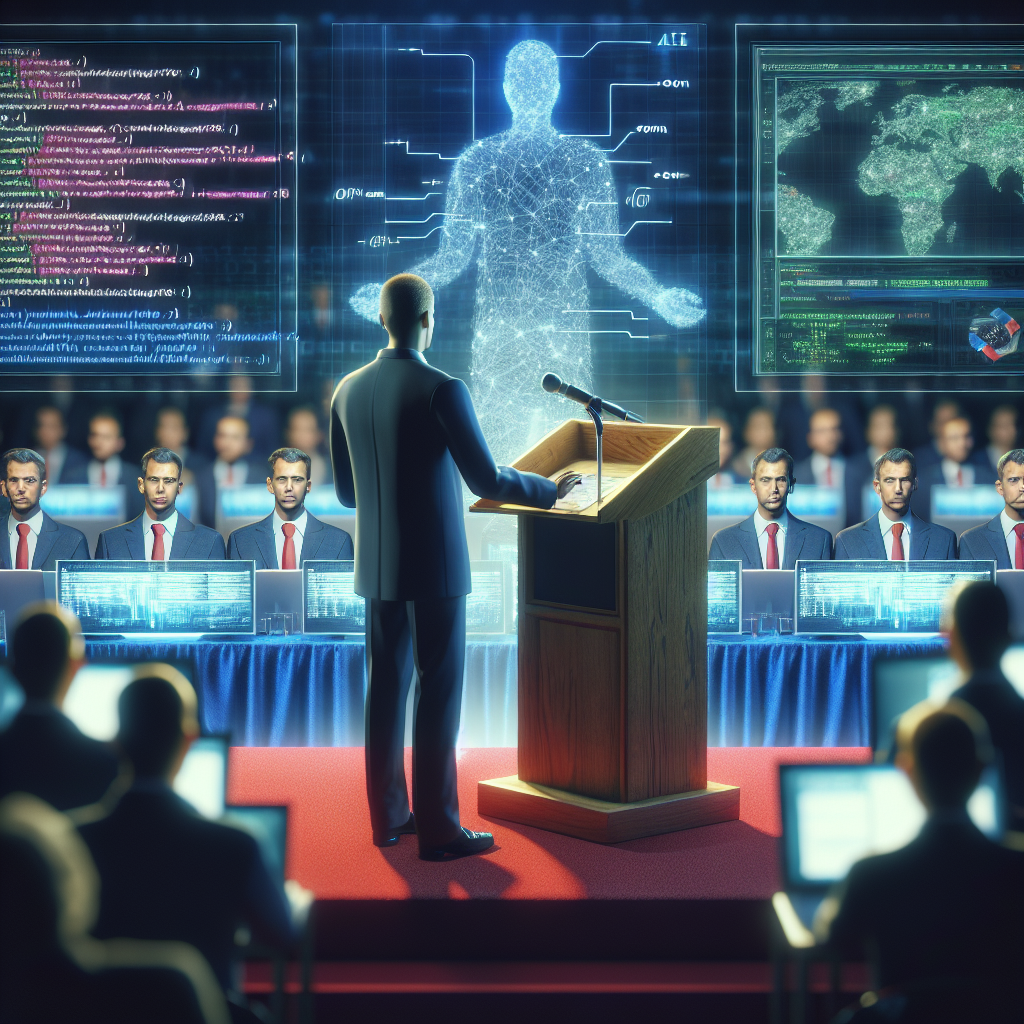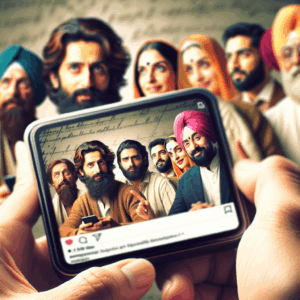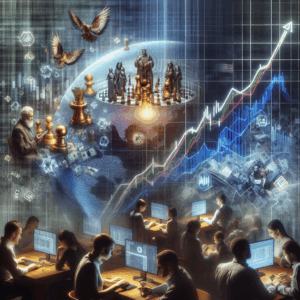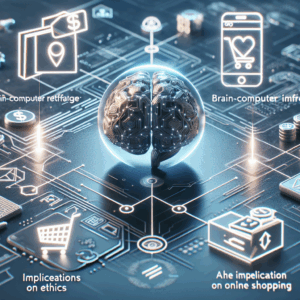
What if the next election winner is decided not by speeches, but by silent algorithms tracking your likes and comments? Artificial Intelligence has swept into political campaigning, powering everything from persuasive ads to monitoring digital sentiment—and even fueling the flames of misinformation. Let’s unpack how AI is reshaping modern politics, from shade-casting fake news to trend-spotting in your online expressions.
Meet Priya, a Mumbai-based college student. Last month, her social media exploded with political posts—some rooting for transparency, others tossing around dramatic accusations. What Priya didn’t realize? Many posts were ghost-written by AI, targeting her feed based on advanced algorithms predicting her emotional response. Her phone became a battleground of digital influence without her ever stepping outside.
What’s Happening
AI now holds a central role in political campaigning. Politicians and parties deploy AI tools to:
- Analyze Public Sentiment: Using Natural Language Processing (NLP), campaigns scan millions of tweets, comments, and online discussions to gauge voter mood in real-time.
- Target Advertisements: Machine learning predicts which demographic is most likely to swing votes, customizing ad content for maximum effect.
- Generate Content: AI models can rapidly produce speeches, campaign slogans, and even emotionally charged narratives tailored to specific voter segments.
- Monitor Disinformation: Tools like Politifact’s AI Explainers continually scan for viral falsehoods, trying to combat the rapid spread of fake news.
- Spread Misinformation: On the darker side, adversarial bots can flood networks with hyper-targeted fake stories, inflating outrage and confusion—sometimes just hours before key votes.
Why It Matters
This transformation is rewriting the rules of democracy:
- Voter Manipulation: AI can subtly shape opinions, influencing decisions with pinpoint accuracy. This makes it harder for citizens to distinguish genuine debate from algorithmic nudging.
- Trust Crisis: The surge in AI-generated misinformation diminishes public trust—not only in campaigns but in traditional news, fuelling skepticism everywhere.
- Privacy Concerns: Sentiment analysis depends on constant data harvesting, often raising alarms about how personal opinions and emotions are monitored and analyzed.
- Regulation Race: Governments worldwide, including recent steps like the EU AI Act, are scrambling to update laws—trying to balance free speech with safe digital spaces and fair elections.
What’s Next
– Upcoming elections are already seeing the rollout of stricter content moderation rules on platforms like Google and stricter ad transparency.
– NGOs and civic tech groups are launching AI literacy campaigns, helping citizens like Priya separate fact from fiction.
– Watch for key policy announcements: Many governments are fast-tracking AI regulations ahead of polling schedules, hoping to stay ahead of the next wave of programmatic persuasion.
In summary, AI’s entrance into political campaigns is a double-edged sword: it sharpens strategies and democratizes outreach, but also amplifies risks like misinformation and privacy erosion. As election cycles heat up, our vigilance matters more than ever. How do you feel about this shift? Drop a comment!






